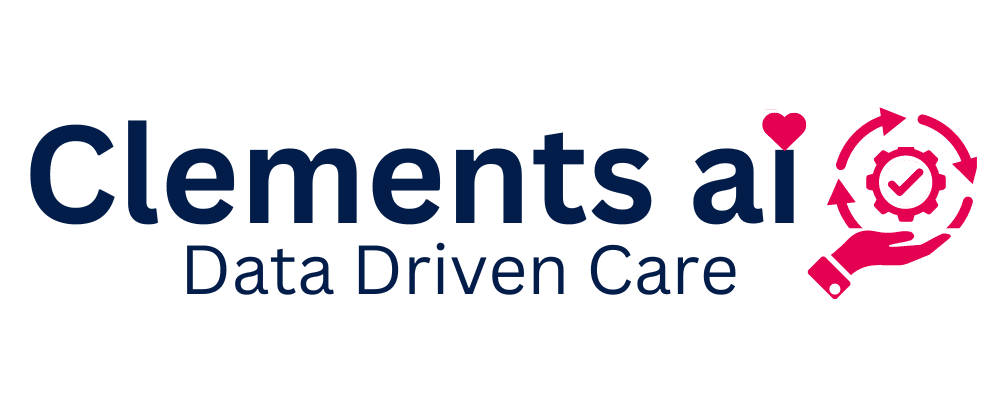Top Benefits of Using AI in Hospitals: Transforming Patient Care
Ma
Revolutionizing Patient Care with AI
In recent years, artificial intelligence (AI) has made significant strides in various industries, and healthcare is no exception. Hospitals worldwide are increasingly adopting AI technologies to enhance patient care, streamline operations, and improve outcomes. This transformation is not just a trend but a powerful shift that is reshaping the way healthcare is delivered.
The integration of AI in hospitals brings numerous benefits, including increased efficiency, precision, and personalized care. As the healthcare sector continues to evolve, AI stands out as a game-changer, offering solutions that were once thought impossible.

Enhanced Diagnostic Accuracy
AI algorithms excel at analyzing complex medical data, which can lead to more accurate diagnoses. Machine learning models, for instance, can process vast amounts of information quickly, identifying patterns and anomalies that might be missed by the human eye. This capability is particularly valuable in radiology, pathology, and genomics.
By leveraging AI, hospitals can reduce diagnostic errors, leading to more effective treatment plans and improved patient outcomes. As a result, the healthcare system becomes more reliable and patient-centered.
Improved Image Analysis
AI tools can assist radiologists by providing second opinions on medical images. These tools analyze MRI, CT scans, and X-rays with remarkable speed and precision. This not only saves time but also enhances the accuracy of readings, ensuring that patients receive timely and appropriate care.

Streamlined Operations and Workflow
Beyond diagnostics, AI is also transforming hospital operations. It helps streamline workflows by automating routine tasks such as patient scheduling, inventory management, and data entry. This automation frees up healthcare professionals to focus on what truly matters: patient care.
- Optimized resource allocation
- Efficient patient flow management
- Minimized wait times
Through intelligent scheduling systems and predictive analytics, hospitals can better manage their resources and improve patient experiences.
Predictive Analytics for Better Outcomes
AI-driven predictive analytics enables hospitals to anticipate patient needs and outcomes. By analyzing historical data and current patient information, AI can predict potential health issues before they become critical. This proactive approach allows for early interventions that can significantly enhance patient health and reduce hospital readmissions.

Personalized Patient Care
One of the most promising aspects of AI in healthcare is its ability to provide personalized patient care. AI systems can tailor treatment plans based on individual patient data, including genetic information, lifestyle factors, and medical history. This level of personalization ensures that patients receive the most effective and targeted treatments available.
Furthermore, AI-powered chatbots and virtual assistants offer round-the-clock support for patients, answering questions and providing guidance on medication adherence and lifestyle changes. This continuous engagement helps improve health outcomes and patient satisfaction.
Enhanced Patient Monitoring
AI technologies have also revolutionized patient monitoring. Wearable devices and AI-driven applications continuously track vital signs and alert healthcare providers to any irregularities. This real-time monitoring allows for swift responses to potential health crises, ensuring that patients receive immediate attention when needed.

The Future of AI in Hospitals
As AI continues to evolve, its applications in hospitals are expected to expand further. The potential for innovation is limitless, from developing new treatment protocols to advancing research in personalized medicine. By embracing AI technologies, hospitals can lead the way in delivering cutting-edge patient care.
The integration of AI in healthcare represents a significant leap forward in the quest for better health outcomes. As hospitals continue to adopt these technologies, the benefits for both patients and providers will undoubtedly grow, making healthcare more efficient, accessible, and effective than ever before.
